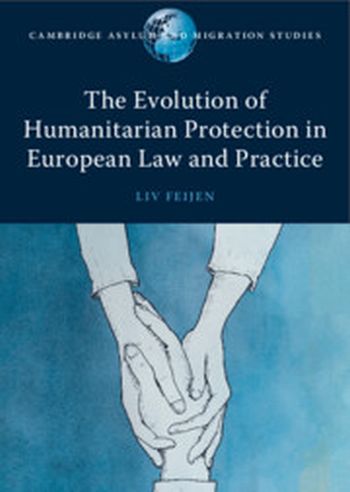We will be closed from 5pm Thursday 17th April for the Easter Bank Holidays, re-opening at 8.30am on Tuesday 22nd April. Any orders placed during this period will be processed when we re-open.

The last couple of years have witnessed an unprecedented battle within Europe between values and pragmatism, and between states' interests and individuals' rights. This book examines humanitarian considerations and immigration control from two perspectives; one broader and more philosophical, the other more practical. The impetus to show compassion for certain categories of persons with vulnerabilities can depend on religious, philosophical and political thought. Manifestation of this compassion can vary from the notion of a charitable act to aid 'the wretched' in their home country, to humanitarian assistance for the 'distant needy' in foreign lands and, finally, to immigration policies deciding who to admit or expel from the country. The domestic practice of humanitarian protection has increasingly drawn in transnational law through the expansion of the EU acquis on asylum, and the interpretation of the European Court of Human Rights.